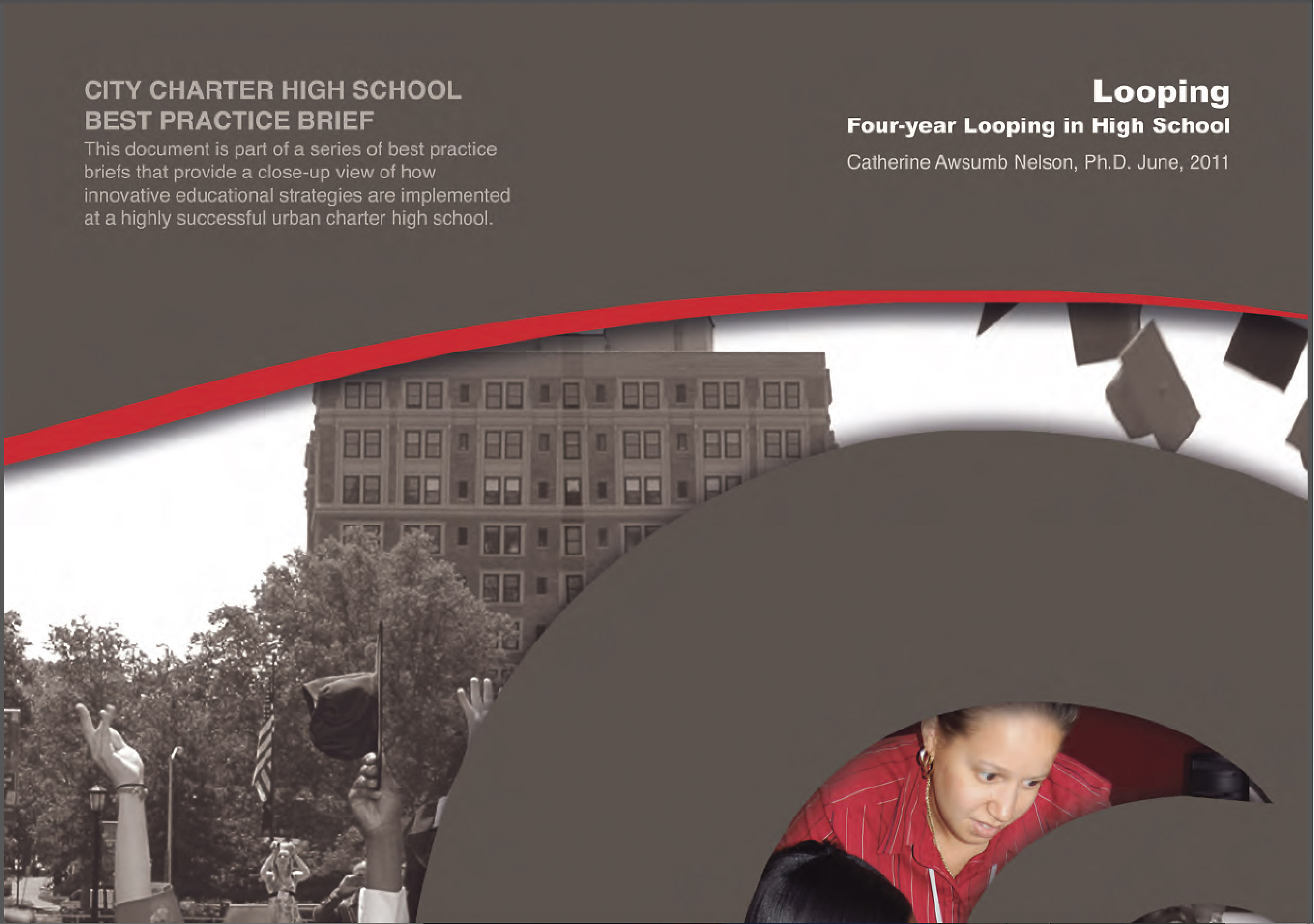White Paper | City High-Cultural Literacy
How does City High do it?
City High’s four-year Cultural Literacy (CL) course is distinctive in its goals, content, and structure:
- The goal of the course is to develop a deep and broad understanding of human culture. As one longtime CL teacher put it, developing cultural literacy means having “an ability to read the world around you, use what you know to figure out patterns, interpret meaning, and then participate.”
- The content of the course is a fully integrated blend of skills and concepts typically covered separately in the disciplines of English, History, and Social Studies.
- The structure of the course is best described as “doubling up”: two certified teachers (plus a learning support teacher and a paraprofessional) working with a double-sized class (50+ students) in a double-sized room for a two-hour period each day.
